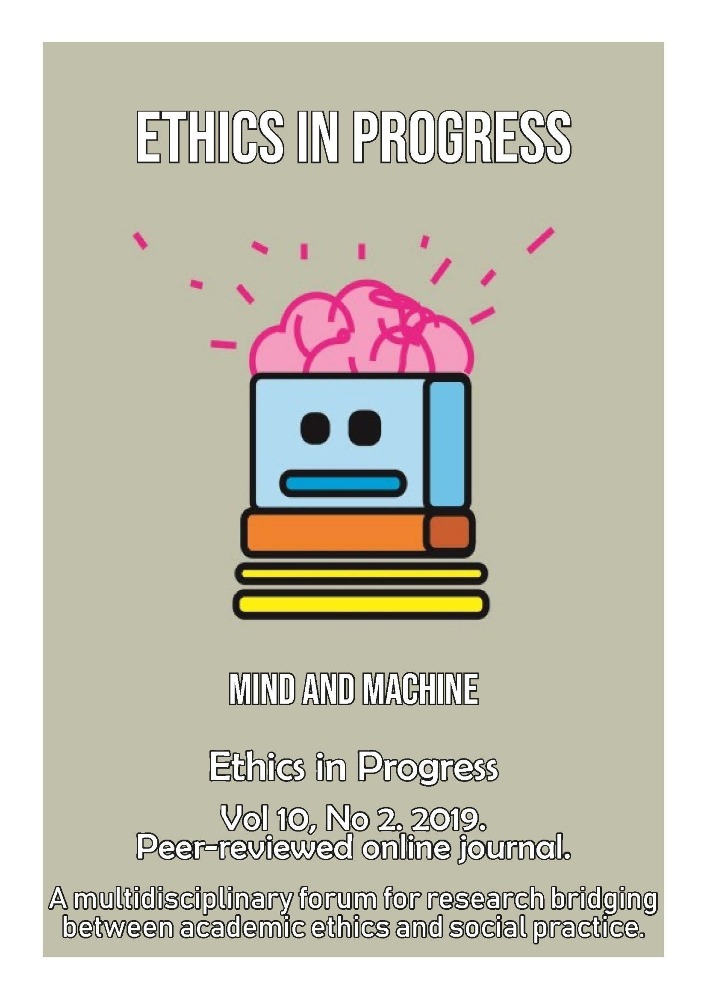Abstract
The traditional ethical culture of Japan is under the influence of Chinese Confucian culture. However, due to differences in historical tradition and social structure, in traditional Japanese culture, “loyalty”, as the highest value, is in preference to “filial piety” and it lays a foundation for universal moral principles of the society; while in the Chinese Confucian culture, “filial piety” is regarded as the first and “loyalty” is the natural expansion of “filial piety”. The main reason is the influence of the indigenous Shinto in traditional Japanese culture. After the internalization of the indigenous Shinto and the Tennoism as well as the indoctrination of over 600-year ruling of the samurai regime, “loyalty”, as the national cultural and psychological heritage, has the religious and irrational mysterious color, which is different from the secularization and the practical rationality of the pre-Qin Confucian ethics of China. Loyalty to the emperor and devotion to public interests advocated by Bushido is an important characteristic of traditional Japanese ethical culture, and the religious and absolute understanding of “loyalty” is hidden with the risk of nationalism and irrationality.Funding
MNiSW grant 261/ WCN/2019/1 “Wsparcie dla Czasopism Naukowych”
References
Han Dongyu. 2004. “The Religionization of Confucianism and The Imperialism of Japan” [J]. Dushu (08).
Inazo Nitobe. 1993. Bushido (Zhang Junyan, Trans.) [M]. Beijing: The Commercial Press (52).
Li Dongjun. 2007. “On Hagakure Kikigaki and Bushido” [J]. Chinese Book Review Monthly (09).
Li Zehou. 2008. On the Psychological Structure of China Culture and Japan Culture // On the Historical Ontology of China Culture and Japan Culture [M]. Beijing: Sanlian Bookstore.
Tang Liguo. 2010. Bushido and Modern Transformation of Japan [M]. Beijing: Beijing Normal University Publishing House.
Yamamoto Tsunetomo. 2014. Hagakure Kikigaki (Zhao Xiujuan, Trans.) [M]. Changchun: Jilin Publishing Group.
Yang Bojun. 2012. Translation and Annotation to The Analects of Confucius [M]. Beijing: Zhonghua Publishing House.
Xunzi. 2012. Translation and Annotation to The Analects of Xunzi (Zhang Jue, Compiled) [M]. Shanghai: Shanghai Classics Publishing House, 183.





